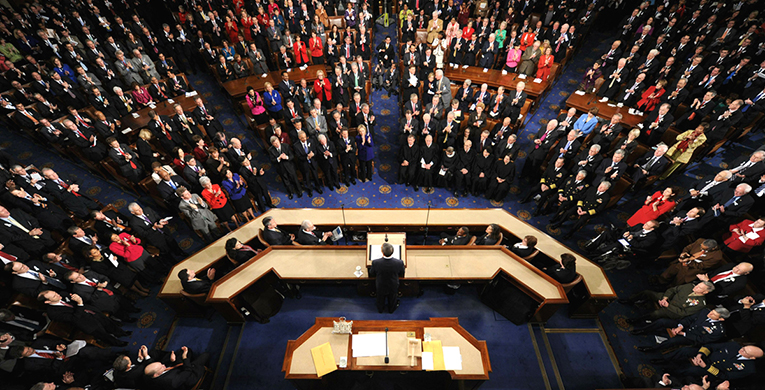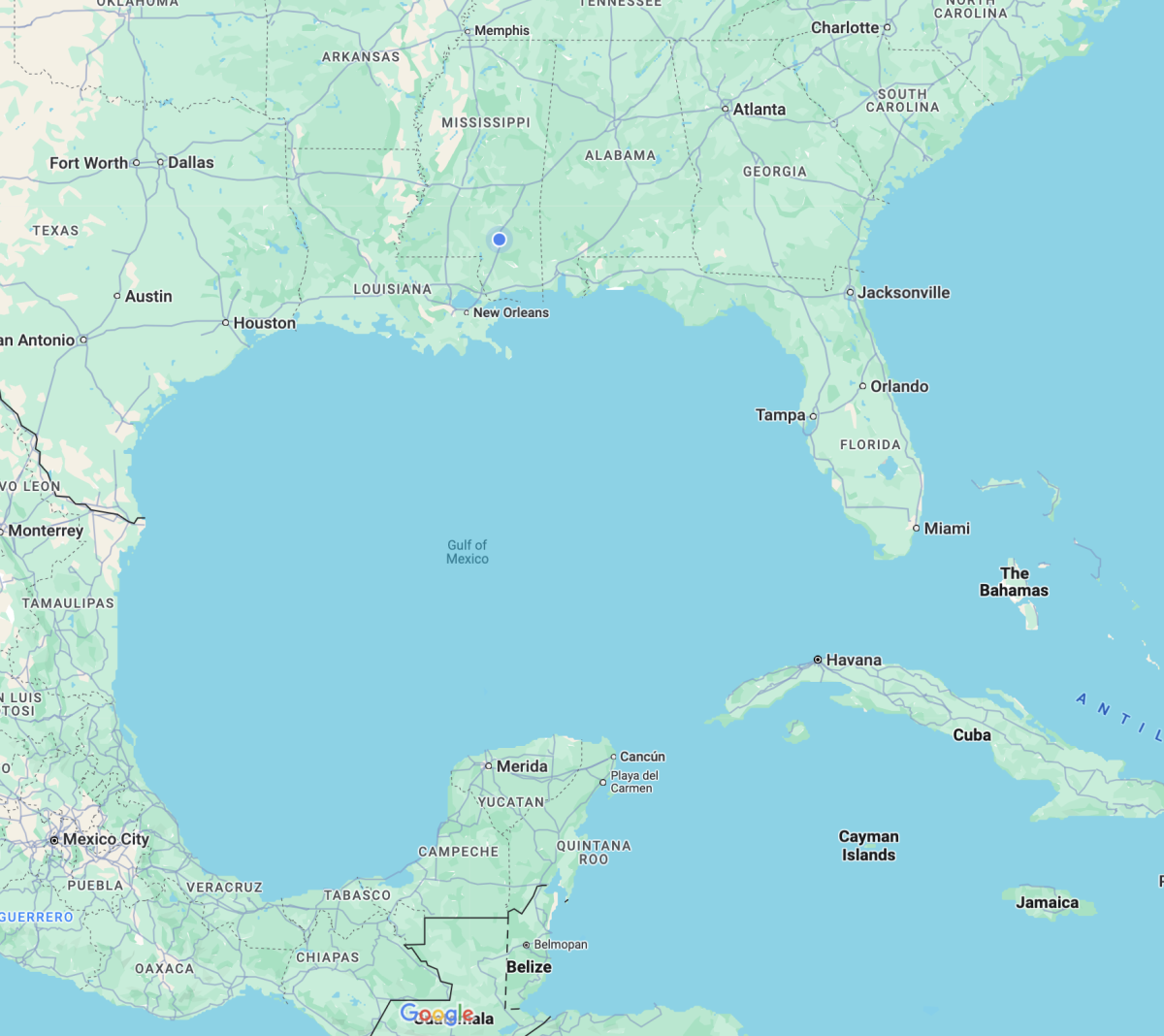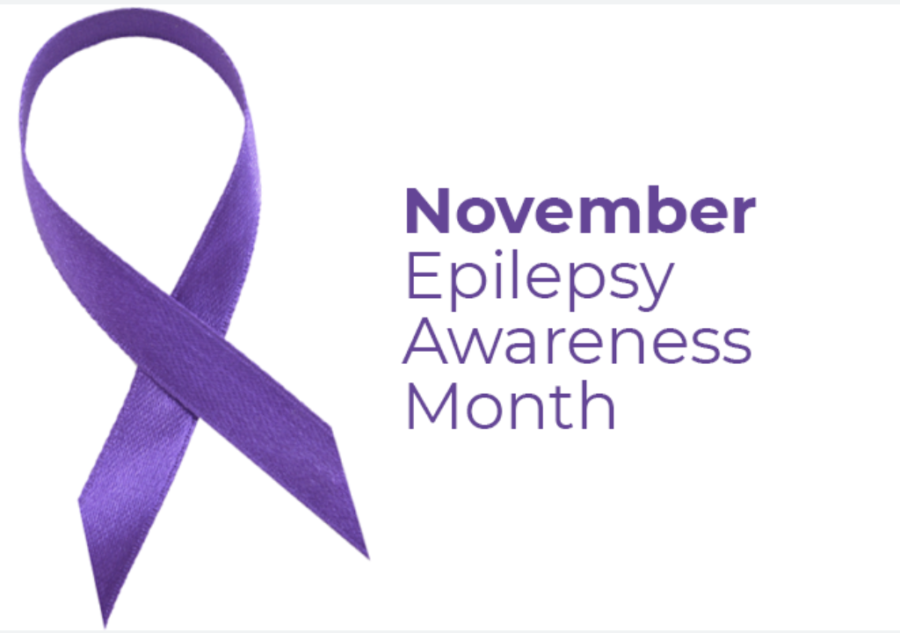
Minimum wage is being moved up to $10.10, equal pay for women is about to be assured and America’s education issues are about to be solved in the upcoming year. That’s the plan, anyway.
President Obama gave his 2014 State of the Union address Jan. 28 while Hattiesburg was enjoying the rare snow day. He discussed several issues like immigration, wars abroad, health care and previously mentioned issues.
How likely are his goals? How far-reaching will they be? Should we actually believe that these goals are reachable? How do these things affect us?
“I thought that calling for a $10.10 minimum wage was a stroke of political brilliance,” said Ashton Pittman, senior news editorial and political science double major. “The way he did it was to put the (responsibility), not just on Congress, but on leaders across the nation.”
The minimum wage increase has caused a lot of stir. Not only is it nearly a $3 increase from the current standard, $7.25 per hour, but the change will not be voted on by Congress. The plan of action is an executive order, bypassing the normal process.
Executive orders are not uncommon, but they have become less common with every new president. This order is specifically for new federal contracts, not the general public. Even Speaker of the House John Boehner said to reporters that the order will not really affect anyone at this time.
Actually expanding minimum wage to the larger public looks like it will be an entirely different ordeal. “It will never pass,” Pittman said.
While the president seems to believe the raising of the minimum wage will be a positive thing, there are many who disagree.
“Congressional Republicans have made it clear this isn’t something they intend to do,” said Tamara Keith, White House correspondent for National Public Radio, while covering the president’s address. “They argue that raising the minimum wage will hurt businesses and, by extension, low-wage workers.”
The net effect for students is to look forward to starting at $7.25 an hour unless they have a government contract. On the bright side, there seems to be a renewed focus on federal support for the sciences. Perhaps there will be more opportunity for students in those fields. Even if there is more opportunity, those jobs often require an above-average amount of schooling, which could mean more loans. So what about loan forgiveness?
“Both parties seem to give lip service to student loan debt in terms of how bad it is,” said Eric Bass, senior political science major. “There is never any substantive policy, just a sentence or two in a speech about it.”
Bass was pretty accurate. The word “loan” was only mentioned four times in the address. There was some focus put on vocational training in high school, but not so many words on higher education. There may be an issue of demographics here.
“The people that I’ve talked to don’t seem to have watched (the address), outside of political science students of course,” Bass said. “That kind of worries me.”
If you did watch the State of the Union address, do you have some opinions about any of the topics in this article? Join the conversation on the Printz Facebook page, in the Shout Outs or in the online comments. Otherwise, Bass will keep on worrying.






































